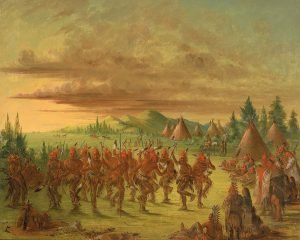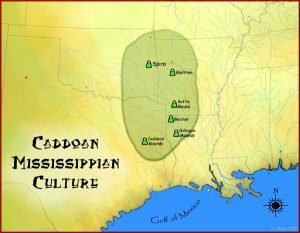The Shetimasha Language
Although my chief purpose in going south was to study the Shetimasha language, I cannot give here a full account of it, for it would fill not less than one hundred pages. This language, of which no other dialects are known to exist now, is vocalic, and nasalizes its vowels to a small degree only. It has a profusion of declensional and conjugational endings, suffixes the personal pronouns to the finite verb, forms a passive voice, and seems to be extremely polysynthetic as far as derivation by suffixes is concerned. Ternary and quaternary compounds are not uncommon. The numerals show … Read more


